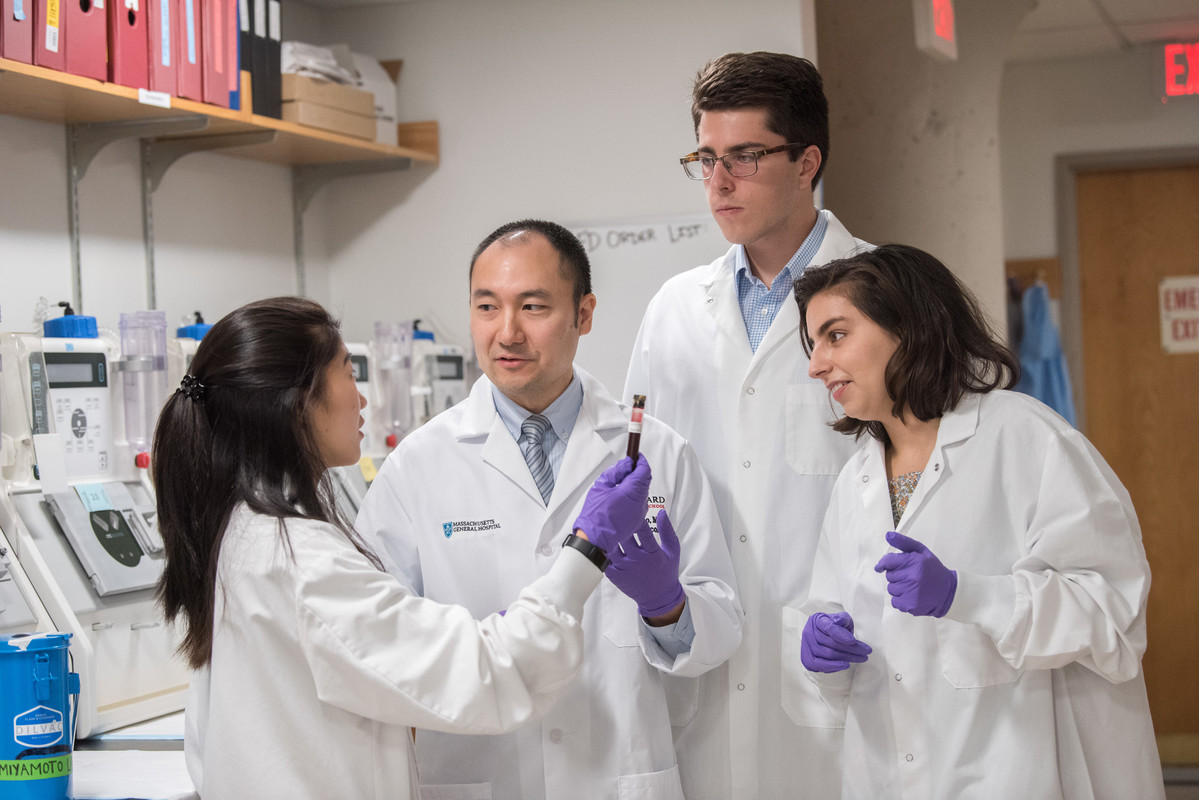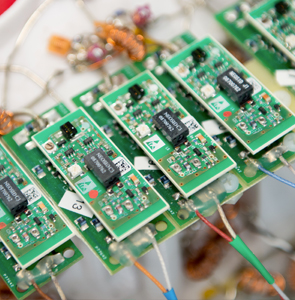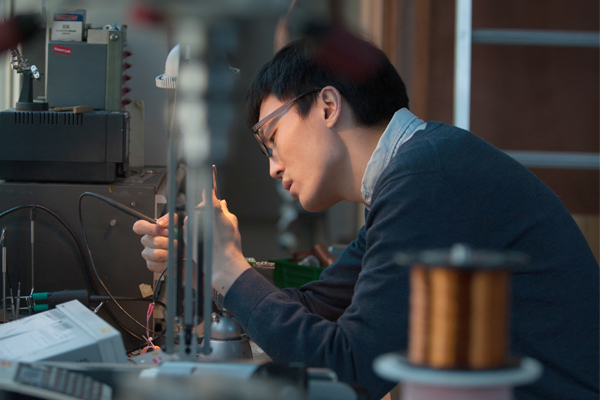Innovative Research
The future of medicine starts at Mass General.
That’s been true for 200 years. Teams at Massachusetts General Hospital have made critical discoveries into HIV/AIDS; created and shaped fields like cardiac surgery, immunology and transplantation; advanced new medical approaches for cancer, diabetes, heart disease, COVID-19 and other complex conditions; and so much more. And we’re just getting started.
Mass General is home to the largest hospital-based research enterprise in the U.S. Research at Mass General encompasses and provides support to thousands of scientists, hundreds of laboratories, and helps to guide, connect and promote this unrivaled community of investigators as they transform medicine, from the bench to the bedside, to the community and world.
Truly transformative advances often come from the most outside-the-box ideas. Mass General receives significant funding from traditional grant-making institutions. However, investigators pursuing new or unproven areas of research can find it challenging to secure grants for their groundbreaking work — the kind of biomedical science that turns big ideas into bold breakthroughs. That’s why visionary philanthropic support is critical to transforming the future of medicine.

The Longfellow Project is Reimagining Industry Collaboration
Massachusetts General Hospital sits at the nexus of an unparalleled life science ecosystem. The Greater Boston area is home to more than 1,000 biotech companies — ranging from multinational pharma giants to small startups. Many of these companies are based just across the river in Kendall Square, which has been dubbed “the most innovative square mile on the planet.” Given the proximity and mission overlap, it’s easy to imagine a natural synergy between academic medicine and industry. Yet, for many Mass General researchers and scientists, collaboration with industry remains a complicated venture. But thanks to the Longfellow Project — a novel program from the Mass General Research Institute (MGRI), named for the famous span linking Beacon Hill and Cambridge — that disconnect is becoming a thing of the past.
A research powerhouse
- The largest hospital-based research enterprise in the U.S., with a budget of $1.3 billion in 2022.
- Awarded more NIH funding than any other independent hospital.

We’re dedicated to making game-changing discoveries that move medicine forward exponentially.
Our goal is to find new treatment options and make better health outcomes possible for patients at Mass General and around the world.
Imagine a future where …
- By developing new, powerful diagnostic and treatment tools, we turn the tide in our fight against the world’s deadliest diseases, including cancer, heart disease, Alzheimer’s, substance use disorders and infectious diseases.
- We continue to change the course of human disease through new therapies and approaches, like a foam that stops internal bleeding in trauma patients and a groundbreaking strategy for regenerating heart tissue.
- We accelerate the process of bringing novel diagnostic technologies and therapeutic approaches from the laboratory to the bedside.
Additional Resources
A commitment to addressing factors that impact health through our research is central to the Mass General Mission.
A growing number of research-related efforts reflect this focus.
For example, our awards and fellowships foster participation among researchers and increase opportunities to advance senior faculty and research positions. In addition we focus on engaging patients from all backgrounds in clinical trials — especially those at higher risk for certain diseases.

Top funding priorities in medical research include the MGH Research Scholars program and the Endowed MGH Research Institute Chairs program.
